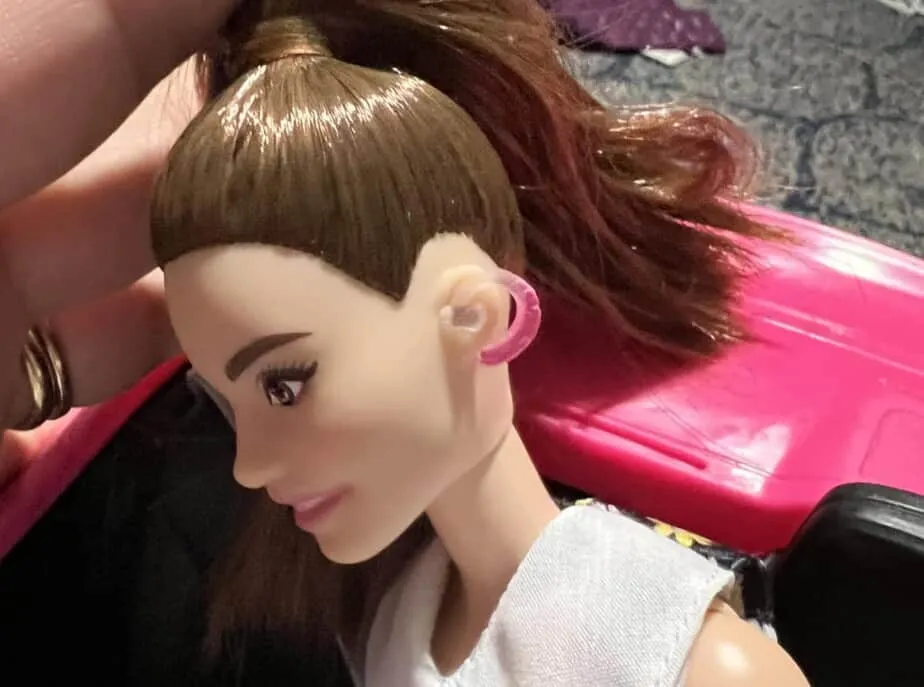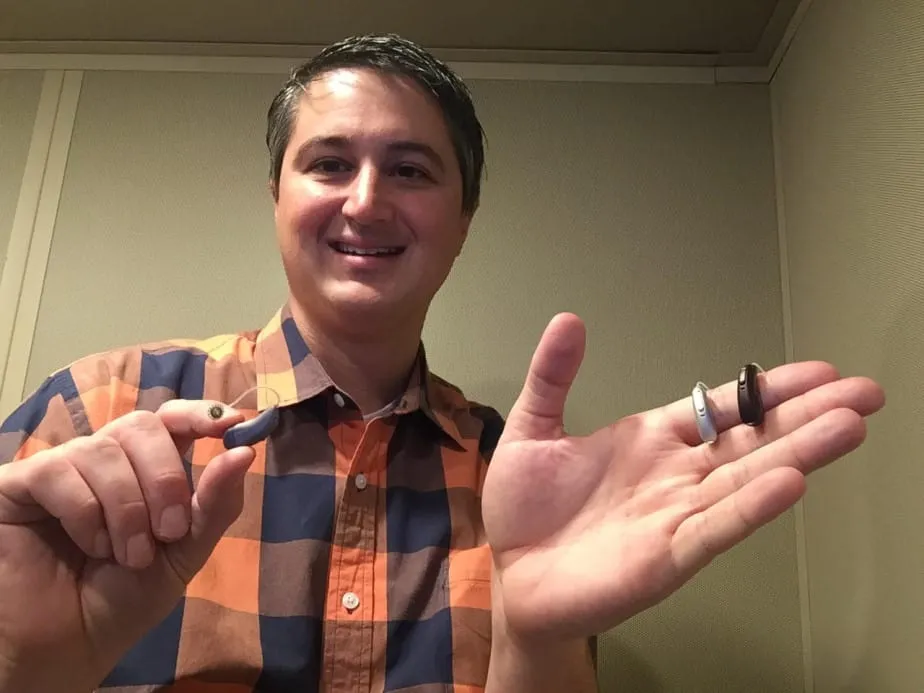OTC vs Professionally Fit Hearing Aids: What’s the Difference?
By the Hearing Insider Team
Over-the-counter (OTC) hearing aids and professionally fit hearing aids are both viable options for people with hearing loss. However, there are key differences between them in terms of cost, customization, support, and performance.
What Are OTC Hearing Aids?
OTC hearing aids are devices available without a prescription or professional fitting. They are typically less expensive and can be bought at pharmacies, online stores, or retail chains. These devices are designed for adults with perceived mild to moderate hearing loss.
For more background on hearing aids, visit our comprehensive guide on how hearing aids work.
What Are Professionally Fit Hearing Aids?
Professionally fit hearing aids are prescribed and custom-fitted by licensed audiologists. These devices are tailored to an individual’s specific hearing profile and offer advanced features like directional microphones, adaptive noise reduction, and Bluetooth streaming.
Cost Comparison: OTC vs Professional Hearing Aids

The cost of hearing aids varies depending on technology and vendor:
- OTC Hearing Aids: $200–$500 per device
- Professionally Fit Hearing Aids: $1,000–$4,000 per device
Advanced features such as Bluetooth, rechargeability, and artificial intelligence can further increase the price. Learn more from our detailed hearing aid price list.
Keep in mind that most insurance plans do not cover hearing aids. Some exceptions apply for children and select states, but for adults, the cost is usually out-of-pocket.
When insurance does cover hearing aids, most people prefer professionally fit models due to the added support and personalization. If you’re considering professional devices, check competitive pricing at ZipHearing.
Performance and Effectiveness
According to the NIDCD, professionally fit hearing aids are generally more effective because they are fine-tuned for the user’s hearing loss and provide better clarity, especially in noisy environments.
Audiologists also provide follow-up care and adjustments. If you’ve moved or need a new audiologist, use ZipHearing to connect with a local provider.
Common Issues With Hearing Aids
Both OTC and professional hearing aids can experience issues. Here’s a list of the most common problems and solutions:
- Feedback (whistling): Often due to poor fit or earwax. Fix it here.
- Dead batteries: Replace regularly or switch to rechargeable options.
- Moisture damage: See our guide on what to do if hearing aids get wet.
- Adjustment difficulties: Some users struggle with volume or settings.
- Background noise: AI-powered aids help. See our list of best hearing aids for background noise.
- Poor sound quality: May indicate the need for refitting or cleaning.
- Earwax blockages: This is a top issue. Learn about cleaning wax traps.
Customer Service: OTC vs Professional
With professionally fit aids, you have access to an audiologist who provides care, fittings, and repairs. With OTC devices, customer support varies by brand.
Lexie Hearing Aids offer the best customer support among OTC options:
- Phone: 1-800-499-1336
- Email: support@lexiehearing.com
- Online Resources: Lexie Support Portal
- Live Chat: Available on their website
Conclusion: Which Hearing Aid Is Right for You?
OTC hearing aids are suitable for adults with mild to moderate hearing loss who want a more affordable and convenient option. Professionally fit hearing aids are ideal for those with more severe or complex hearing loss, or who value professional support and personalization.
Still unsure? Read our guide on what to know before buying hearing aids.

